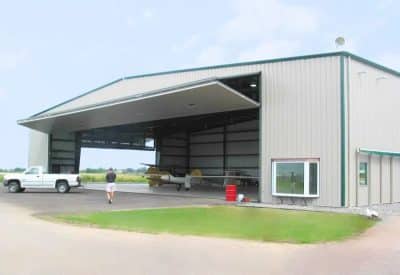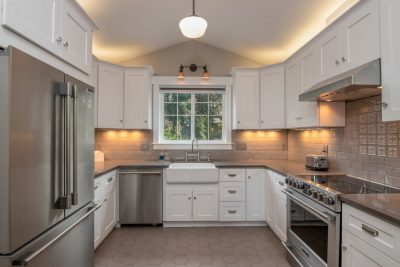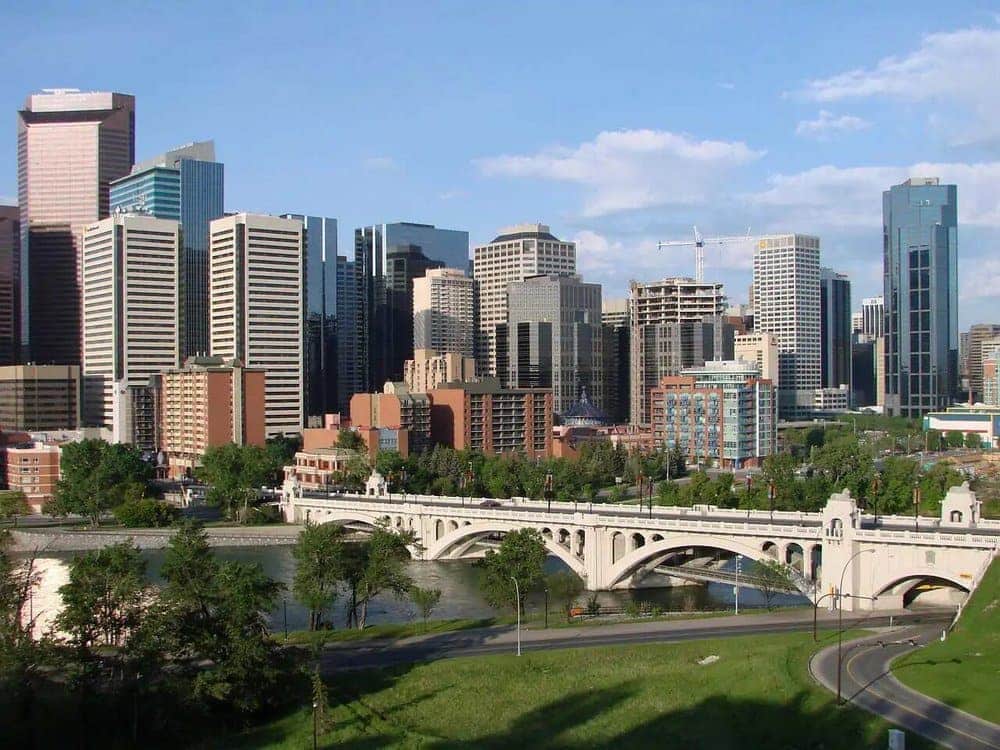
There are many reasons why you’d want to move to Calgary, from the city’s growing economy to its vibrant arts scene. But what about the not-so-great parts? Whether you’re thinking of moving here or you already live in town and are curious about what it has going on, make sure you know about some of the drawbacks of living in Calgary before making your decision.
What is Calgary like?
Calgary is a great city with a lot going on. It’s a city with a lot of cultures and a lot of history, but also a lot of opportunity and a lot of growth happening in a lot of different industries. So, if living in Calgary will be changing your life in the future, maybe it is right for you.
What you should know about Calgary before moving there
Calgary is the largest city in the Canadian province of Alberta. It is situated at the confluence of the Bow River and the Elbow River in the south of the province, in an area of foothills and prairie, about east of the front ranges of the Canadian Rockies.
A man-made lake forms part of the Lake Louise region of the city, which is impressive and picturesque. Calgary has been featured repeatedly on the list of the best places to live in Canada.
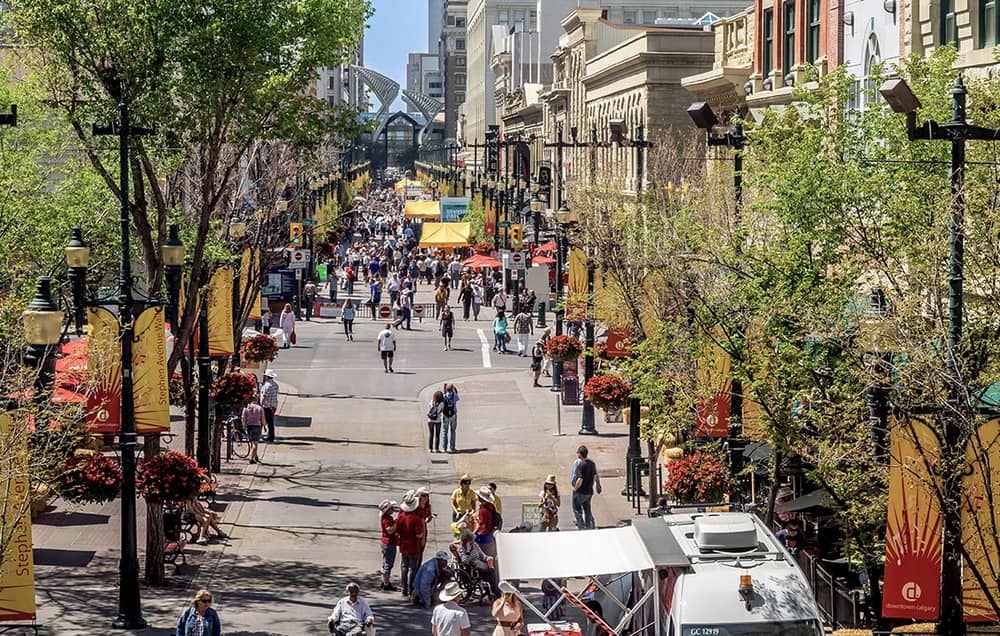
The average price for house and condo sales in Calgary last year was only a little over $80,000. While that might sound low compared to much of the country, for house buyers, cash prices are much more affordable. Maintenance and repair costs are quite low compared to other cities, too. The closing costs are also much lower for Calgary homes.
Pros of living in Calgary
Calgary is the largest city in Alberta, Canada’s most productive oil and gas region. Calgary is considered the heart of the nation’s oil industry, and most major oil companies, including Shell, Suncor, Husky, Imperial Oil, and Nexen, maintain offices in the city.
Calgary has a very laid-back vibe.
Calgary’s laid-back vibe is definitely one of the things you can’t overlook when you choose to live here. There is great live music set up every Friday night, and there will always be a good restaurant near where you will be staying.
Leasing agents are very chill, and you are able to schedule tours during your stay, which is one of my favorite parts about living here. Also, when you go into a local store, the salespeople will be way more than happy to show you things that they have for sale and do not hesitate to buy them from you — no sales tax required.
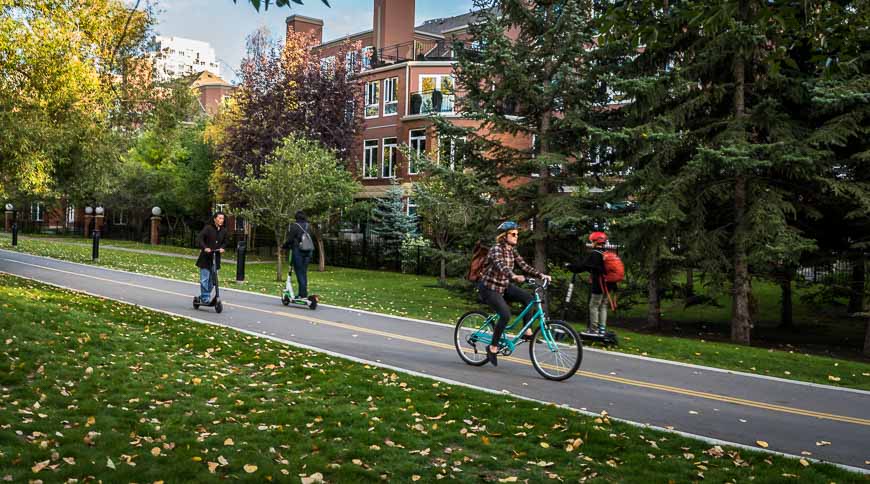
Cons of living in Calgary
Calgary has expensive real estate!
Real estate in Calgary has a lot of cool features, like the Mile High Corridor and West Village, but living somewhere that has a bazillion square feet and is anything but cool gets a bit boring quickly.
But yeah, real estate in Calgary is expensive. What is really ironic is that it’s one of the cheapest major cities in North America. The average house price in Calgary is around $365,000, compared to New York’s $1 to $2 million. If you want to live in the most expensive real estate market in the world but also cozy up in the cheap real estate, that is what the city has to offer. All things being equal, it’s probably an investment that is going to pay off in the long run.
How to move to Calgary
If you’re interested in moving to Calgary, here’s how to get started:
1) Figure out if you’re eligible for residency: If you’re a Canadian citizen or a permanent resident of Canada, and you earn a wage that meets or exceeds the Alberta average, then you should be able to get a work permit for Alberta. If you’re not a citizen of Canada, work permit opportunities are slightly more limited, but you should still be able to find a way to get a work visa for Canada, even if you don’t qualify for permanent residency.
2) Figure out if living in Calgary is right for you: Once you’ve decided where you want to live, it’s time to figure out how much it will cost. While it’s easy to hook up an expense account to your bank account and then look at numbers, it’s a lot more effective to figure out the total cost of living in Calgary.
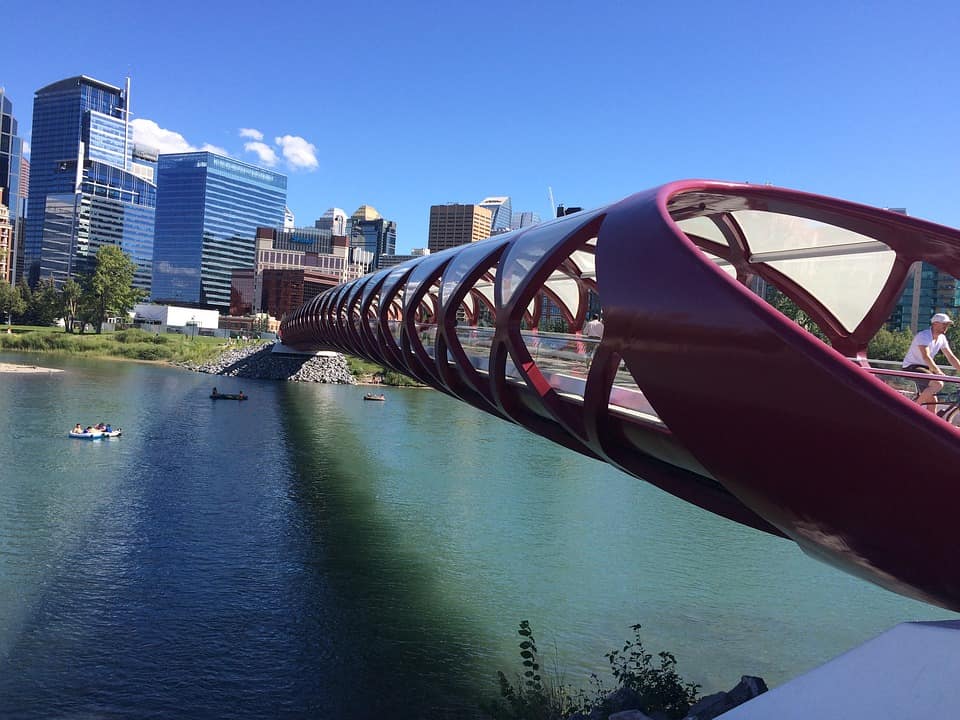
Some important things to consider when adopting a cost-of-living (LOC) standpoint when deciding where you want to live are:
1) How much is your rent: Is your rent affordable, or will you have to move out of your current apartment in order to afford to live in something more affordable?
2) Wi-Fi: Long lines and static internet speeds elicit hidden costs, including your time, since the drop in productivity can outweigh the cost of having a faster connection.


